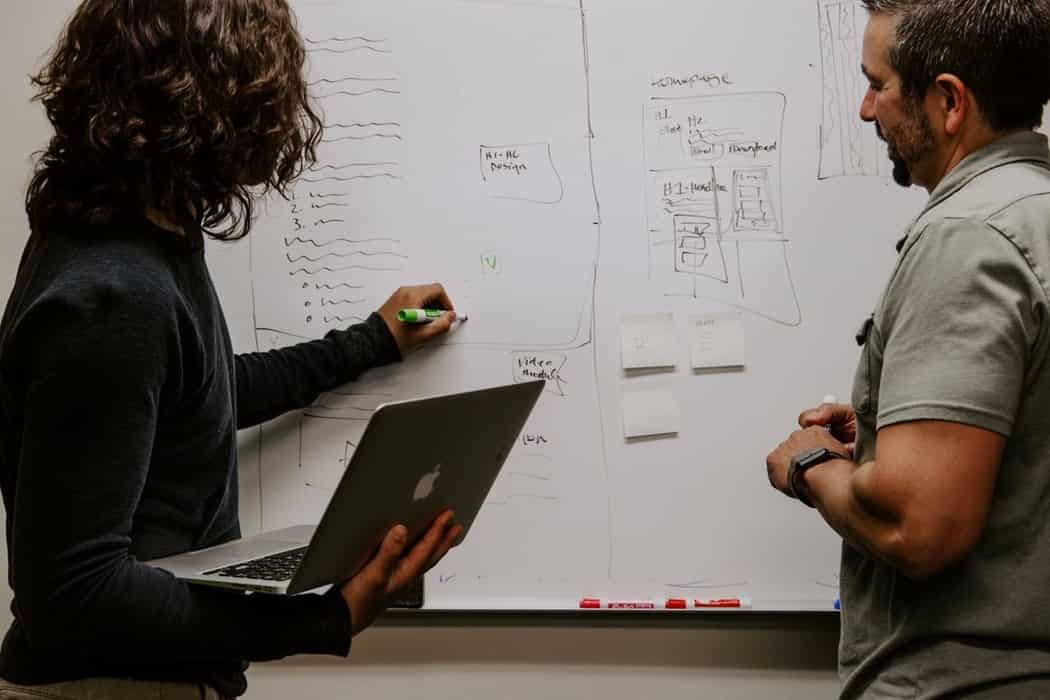Methods to deal with Conflicts? Conflicts are generally defined as relational disputes between two or more parties. It can bring about negative or positive results, and depends on the nature and intensity of conflict, and on how to resolve it? If It is solved well, the conflicts will bring benefits to the team.

– Improve mutual understanding and respect among team members
– Improve the ability to coordinate groups through discussion and negotiation when resolving conflicts
– Enhance each member’s understanding of the goals, knowing what the most important goal is
Conversely, conflicts that are not handled well will cause devastation: conflicts in the workplace easily turn into personal conflicts, teamwork disintegration, and so on. Some of the reasons that cause the conflict:
– Lack of unification
– Misunderstanding in communication
– Different competence between employees
– Ambiguity about their authority
Why should conflict be resolved?
– Conflict is an inevitable problem in the workplace
– If resolved well, conflicts can benefit the organization
– If not, the small conflict will turn out to be a bigger conflict and eventually break the working system of the team.

Photo by Amy Hirschi on Unsplash
This is a method of resolving conflicts by using your “influence”. This influence comes from position, rank, expertise, or persuasion ability.
Apply when:
– The problem is an urgent situation
– You have experience with the same situation or problems
– It is a sudden problem and It is not too serious

Photo by NESA by Makers on Unsplash
It is the method to solve the conflict by share the benefits to all parties and create satisfaction for them.
Apply when:
– The problem that causes the conflict is important. However, you have time and information from all parties to find out the causes and solution for that
– The conflict has been there in the team for a while
– It is necessary to build a long-term relationship
It is a way of resolving conflicts by defaulting to the opponent, or a third person to decide. Users of this method do not participate in the debate to claim benefits. No matter the outcome is, they have no idea and take part in the argument. The drawback of this method is to be likely to accumulate dissatisfaction. That can lead to a job break.
Apply when:
– The problem is not important
– The problem is not related to your rights
– The consequences of problem-solving are greater than your benefits
– A third person can solve the problem better
A method of handling impulses by being willing to sacrifice your rights, without requiring action from the other party.
Apply when:
– Maintaining a good relationship is a number priority
– Feeling that the problem is more important to someone than yourself
The basic difference between “concessions” and “evasion” methods is the concerns about the enemy and conflict. Concessions derive from the concern of mutual benefit and longterm relationship, while Evasion one is from the neglect to face the conflict.
This is a situation that requires each side to scarify themselves to forward the most comfortable solution for all parties.
Apply when:
– The problem is important. Two sides insist on keeping their goals, while time is running out
– The consequences of conflicts are more serious than the concessions of both parties
